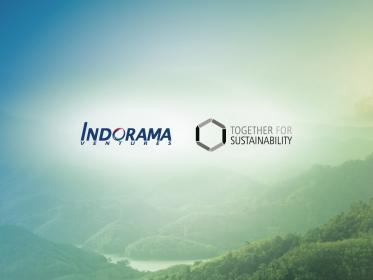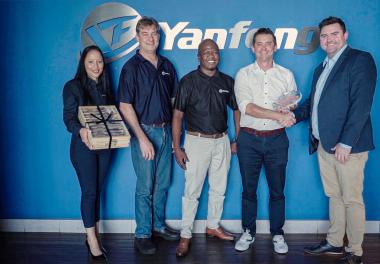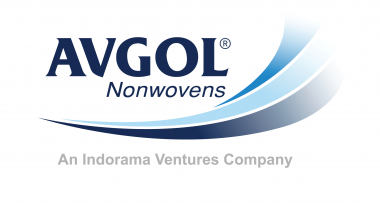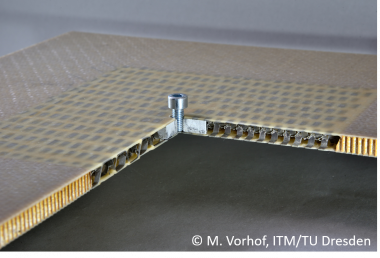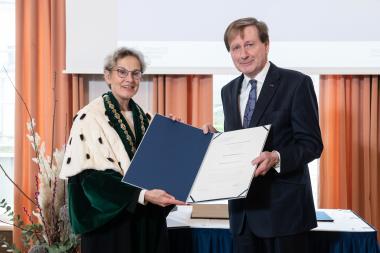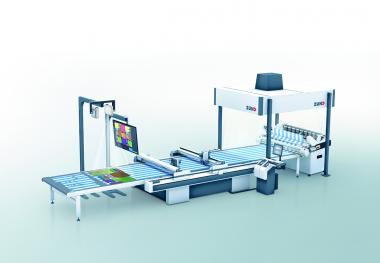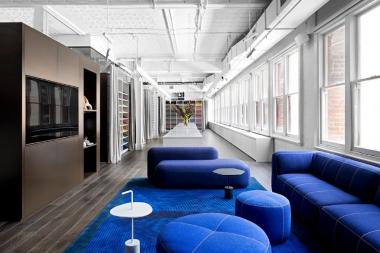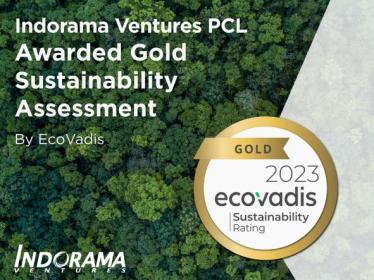Indorama Ventures joins “Together for Sustainability” initiative
Indorama Ventures Public Company Limited (IVL) has joined “Together for Sustainability” (TfS), a global initiative for sustainable supply chains. Indorama Ventures joins a network of 47 TfS member companies representing the global chemical industry, reinforcing its commitment to driving sustainable solutions in its supply chain management.
By joining TfS, Indorama Ventures is encouraging suppliers to meet high sustainability standards, reduce the risk of supply chain disruptions, and improve overall climate maturity. The collaboration will help foster an expansion of the company’s sustainable supply chain program. The company will contribute to the TfS Scope 3 Greenhouse Gas (GHG) workstream that developed and finetunes the Guideline for calculating Product Carbon Footprints (PCFs) in the chemical industry and beyond and, will develop an IT solution that will enable companies to share PCFs efficiently. This membership allows Indorama Ventures to further align with the UN Global Compact Principles.
Through this initiative, Indorama Ventures will also be partnering with EcoVadis to assess their suppliers to identify risks and opportunities along the value chain, improve sustainability practices, and encourage collaboration among members.
Indorama Ventures Public Company Limited Together for Sustainability Sustainability chemical industry
Indorama Ventures Public Company Limited


